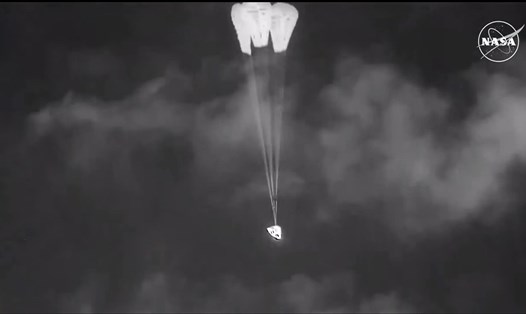After signing a memorandum of understanding with China in April to cooperate on the International Lunar Research Station (ILRS), the Thai government has now approved the move to join the US-led Artemis Accords, according to the country's The Nation newspaper.
Thailand's Minister of Higher Education, Science, Research and Innovation Supamas Isarabhakdi said that joining the agreements will help Thailand access advanced technologies from member countries and enhance its global competitiveness in the space economy.
By joining both the ILRS and the Artemis Accords, Thailand has demonstrated that the initiatives are “not mutually exclusive,” said John Sheldon, a partner at Dubai-based space services and investment firm AzurX. This allows other countries considering joining both initiatives to push for participation if their national interests align, he said.
Thailand's aerospace industry is relatively comprehensive, focusing on satellite communications and Earth observation, he said, while its commercial space industry is small but growing.
By participating in both lunar initiatives, Thailand could shift its space priorities from primarily economic activities to increased scientific exploration. For example, a Thai instrument is set to launch aboard China’s Chang’e 7 spacecraft in 2026 to measure solar storms and cosmic rays from lunar orbit.
Mr. Sheldon also noted that neither China nor the United States restricts countries from participating in both initiatives, so Thailand's announcement is not too surprising.
The Artemis Accords have 47 signatories, with Thailand awaiting formal membership. Artemis program members include the United States, Canada, the European Space Agency and Japan.
Meanwhile, ILRS — a program to establish a permanent human base on the Moon's south pole by the mid-2030s — has attracted more than a dozen state-level partners, as well as research institutes, universities and companies around the world.









